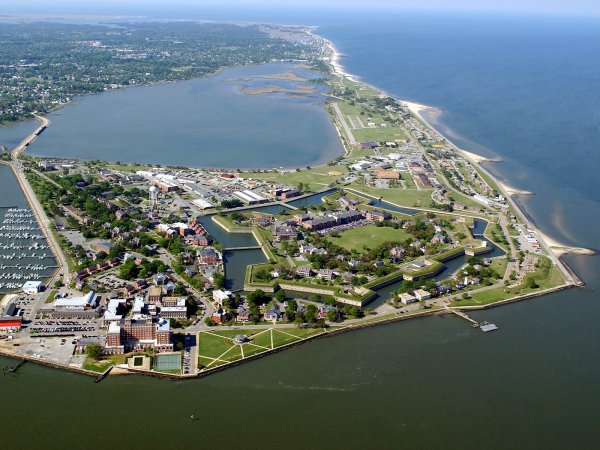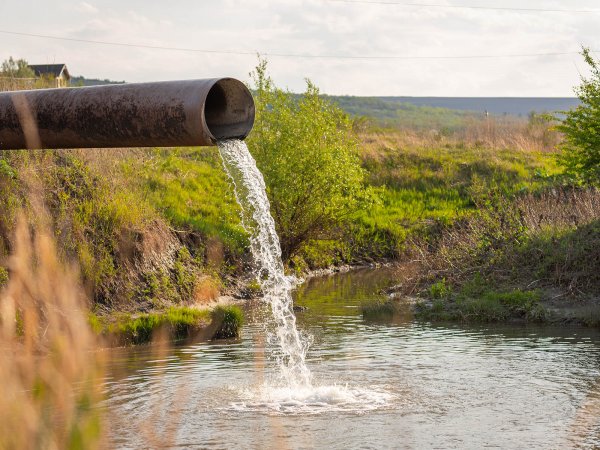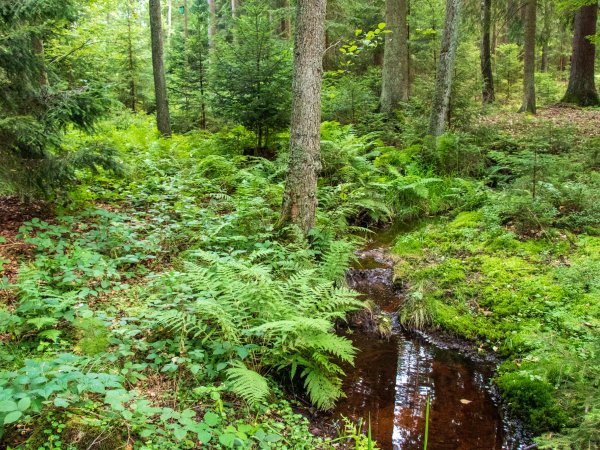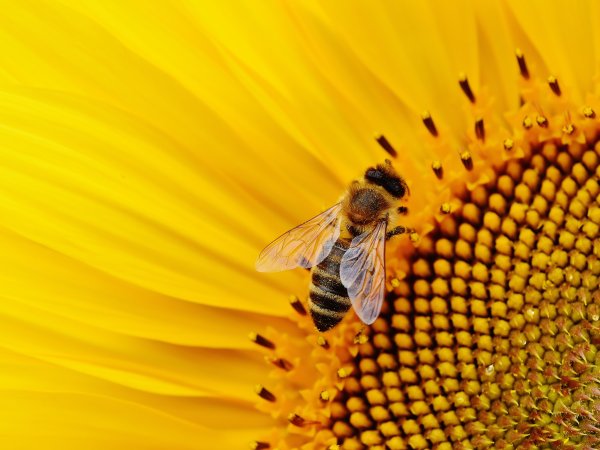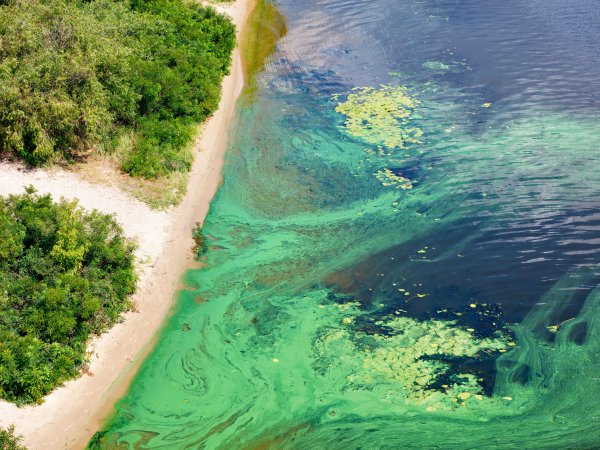Projects
Urban Microclimate, Outdoor Thermal Comfort, and Socio-Economic Mapping: A Case Study of Two High-Density Cities
Awarded: 2021 | Project Type: IEE Seed Grant
Researchers are developing a new way to map urban thermal comfort in cities to help inform architects, urban planners, and policymakers about the relationship between outdoor urban climate and socioeconomic factors.
Visualizing Cultural Landscapes Under Sea-Level Threat to Improve Equity in Climate Engagement
Awarded: 2021 | Project Type: IEE Seed Grant
A research team is developing realistic visualizations of sea-level rise to help people understand the impact on culturally significant sites and landscapes, especially for racially and culturally diverse audiences.
Water Quality Assessment of an Urban Watershed in Lancaster, Pa: Implications for Environmental Justice
Awarded: 2021 | Project Type: IEE Seed Grant
A research team is studying the pollution in urban waterways in Lancaster, Pennsylvania, with the goal of developing a tool that can provide real-time information on urban water health.
Wetland Hydrology and Plant Community Composition – A Reassessment of Site Conditions a Decade Later
Awarded: 2021 | Project Type: IEE Seed Grant
A Penn State researcher looks to reinstall instruments on wetland sites where he collected data more than a decade ago to assess hydrologic changes that may have occurred due to climate change.
Assessing Pollinator Resilience to Environmental Warming through Novel Technologies
Awarded: 2020 | Project Type: IEE Seed Grant
Bee decline threatens ecosystem sustainability through reductions in pollination services to plants and crops. The reliance on bee pollination for food security and ecosystem functioning has emphasized the critical need to understand resilience of wild bee populations in response to environmental stressors. Increased variation in environmental temperature due to climate change is a key stressor to bees and potential driver of pollinator decline generally.
Bioinspired Self-Healing Cement for Sealing Well Leakage: Towards Sustainable Shale Gas Supply
Awarded: 2020 | Project Type: IEE Seed Grant
Cement in the oil and gas wells is used primarily to support the casing and to provide hydraulic isolation of various geological formations penetrated by the wellbore. However, this primary job can be jeopardized by the cracking or debonding of cement sheath from either casing or the formation. Of issues exposing the cement sheath integrity to risk are required stimulation practices such as hydraulic fracturing due to high pressure and temperature fluctuations. Typically, these strong fluctuations accommodate the formation of radial cracks and micro-annuli.
Building Energy Savings by Tuning Indoor Lighting
Awarded: 2020 | Project Type: IEE Seed Grant
Lighting plays an important role in non-visual responses in areas such as physiology, psychology, cognition, sleeplessness, alertness, and work productivity. Among the various possible non-visual responses, there is a long-held belief that warm-colored lighting induces feelings of warmth, while cool-colored lighting produces the opposite effect, which was first proposed in 1926.
Characterizing Structural Changes in Sodium-Ion Battery Electrodes in Real-Time
Awarded: 2020 | Project Type: IEE Seed Grant
The goal of this seed grant is to construct and test an electrochemical cell that will be operated at a synchrotron light source to determine how electrode materials used in sodium-ion batteries structurally change in real-time during charging and discharging. Recent studies performed on electrode materials used in lithium-ion batteries found that this type of structural characterization can provide fundamental insights into why batteries fail or lose capacity over time. This approach is just beginning to be applied to electrode materials used in sodium-ion batteries.
Climate Change on Hudson Bay: A Century After Nanook
Awarded: 2020 | Project Type: IEE Seed Grant
Kirk French and his team are documenting the changes in the environment and the culture of the Arctic through a filmmaking project that revisits the first documentary film "Nanook of the North." In this project, French and his collaborators are creating "Climate Change on the Hudson: A Century After Nanook." The team has returned to Inukjuak, home of the original documentary, to examine what has happened to the community over the past century, the effects of climate change and how they are committed to maintaining their culture.
Coupled Large-Scale Energy Conversion and Storage by Biphasic Redox Flow Battery and Photo-Ionic Cell
Awarded: 2020 | Project Type: IEE Seed Grant
A flow battery contains liquid phase electrodes separated by an ion-permeable membrane. Liquid solutions of redoxactive species are pumped into the cell for charging and discharging and return to external storage tank afterwards. Traditional enclosed batteries are not able to maintain discharge at peak for sufficiently long duration to adequately regulate wind or solar power output.
Deep Learning Techniques to Generate Spatially and Temporally Continuous Nitrate Data
Awarded: 2020 | Project Type: IEE Seed Grant
Nitrate contamination to streams, lakes, and estuaries is a critical problem in many agricultural watersheds. In the Chesapeake Bay and the Gulf of Mexico, excessive nutrient loading from upstream agricultural catchments leads to harmful algal blooms resulting in hypoxic conditions. Despite spending millions of dollars in agricultural conservation practices and technologies, improvements in stream health are modest. Part of the issue is the disconnect between quantifying hotspots of nutrient pollution and placement of conservation practices.
From Local Health to Global Climate: Assessing the Impacts of Early Adoption on Future Landscape of Negative Emissions Technologies
Awarded: 2020 | Project Type: IEE Seed Grant
Negative emissions technologies (NETs) are expected to play a central role in achieving climate stabilization. Despite their critical importance to the global climate, near-term deployment of NETs is often determined by local factors, such as policy incentives and human health considerations. In the United States for example, a wide range of NETs are being discussed as decarbonization options, such as afforestation, bioenergy with carbon capture and storage (BECCS), and direct air capture, amongst others.


